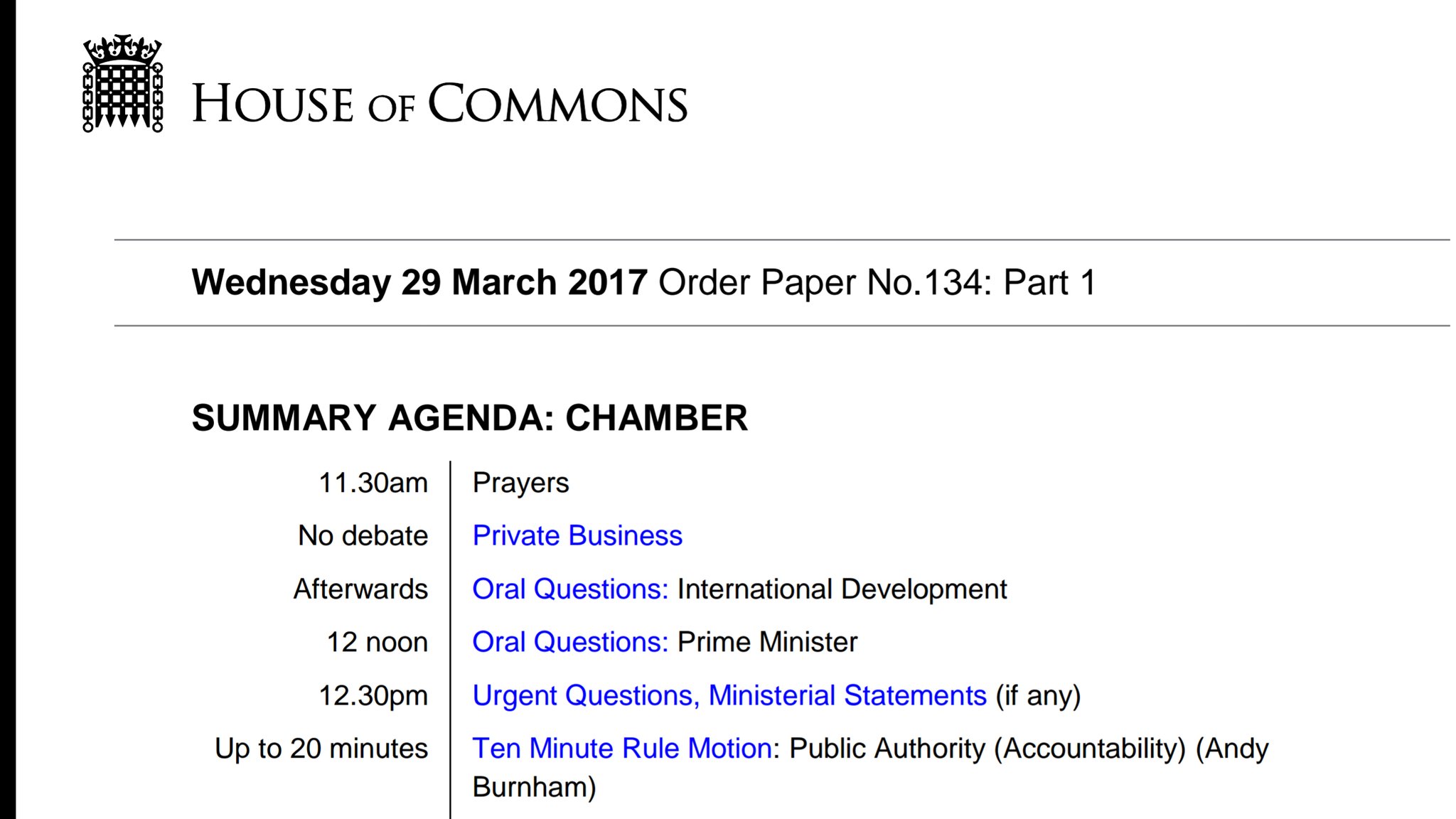New Bill`s `duty of transparency` on officers prompted by 28-year Hillsborough fight for fair hearings
Police officers and public authority officials face the threat of a prison term if they fail a “truth test” being proposed in legislation born out of Britain`s worst sporting disaster.
Police officers and public authority officials face the threat of a prison term if they fail a “truth test” being proposed in legislation born out of Britain`s worst sporting disaster. The aim of the `Hillsborough Law` being introduced by former Shadow Home Secretary Andy Burnham in a Commons ten-minute rule bill this lunchtime (March 29) is to ensure that anyone who wilfully fails to expose a cover-up in public office will face criminal charges. The Public Authority (Accountability) Bill, which relatives of the 96 people unlawfully killed at the Sheffield Wednesday football stadium in 1989 helped to draft, would impose on officers and public body employees a duty to act with transparency, candour and frankness and act without favour to their own position”. Those campaigning for new legislation say it would bring openness to a “culture of denial” and “institutional defensiveness” which it is claimed led to prolonged legal conflict in the aftermath of the disaster 28 years ago. The Leigh MP`s proposed Bill would also give bereaved families the same resources as police forces to make their case at future inquests. Individuals would face financial penalties or a maximum two-year jail sentence for failing to do so, including for misleading the public, the media or judicial hearings. The legislation has been developed following the verdicts of last April`s second Hillsborough inquests which lasted more than two years and ruled that the behaviour of fans was not a factor in the tragedy in which Liverpool supporters were crushed during the 1989 FA Cup semi-final against Nottingham Forest. The jurors also found that the supporters were unlawfully killed, owing to gross negligence manslaughter by the officer in command, Chief Superintendent David Duckenfield, as well as errors by police and ambulance services that had “caused or contributed” to the disaster. South Yorkshire Police (SYP) deemed “culpable of serial failings” subsequently said it “unequivocally” accepted the findings, admitting: “The force failed the victims and failed their families.” Original inquests in 1991 had ruled the supporters had died accidentally, but those verdicts were eventually quashed in 2012 with the publication of the Hillsborough Independent Panel report. It concluded that a major cover-up had taken place, in an effort by police and others to avoid blame for the disaster. The `Hillsborough Law` proposes that families whose relatives have been killed or seriously injured in the care of the police or other public authority should have funding equal to those bodies for legal representation at subsequent inquests or public inquiries. The families of those who died in the tragedy had to pay for lawyers to act on their behalf at the original inquests, held in Sheffield from November 1990 to March 1991, while SYP, individual police officers, the South Yorkshire Metropolitan Ambulance Service, Sheffield City Council and other authorities responsible were publicly funded. The bereaved families could not all afford to pay for lawyers, and ultimately 42 agreed to pay £3,000 each, which funded solicitors and a single barrister to represent all of them. The verdict, of accidental death, was never accepted by the families, who campaigned relentlessly for justice before the verdict was finally quashed in December 2012. Under Theresa May as Home Secretary, the Government did pay for lawyers to represent the families at the new inquests, at a cost of £63.6million for highly experienced firms of solicitors and teams of senior and junior barristers to fight the case that ran from March 2014 to April 2016, the longest-ever heard by a British jury. The families blamed the lengthening of the inquests on SYP and individual officers for again refusing to admit failings and seeking to allege misbehaviour by Liverpool supporters, which led to months of fierce adversarial exchanges in court. Afterwards, the families criticised the SYP chief constable, David Crompton, who was subsequently sacked by th


